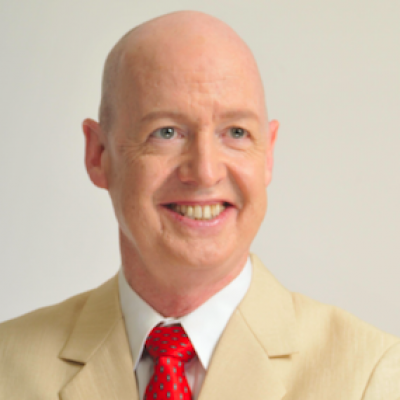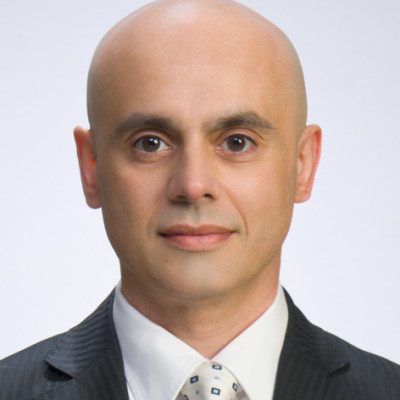College and University Educators College and University Education Research-Oriented Presentation
(Re)imagining Language Learning: Liberal Arts and TOEFL in Japanese Higher Education
For 20 years Japan has recorded among the lowest TOEFL scores in Asia. In 2019, only Laos and Tajikistan had lower average iBT scores (ETS, 2020). This presentation, based upon a joint research project by professors at four major liberal arts universities, posits that one principal reason is that Japanese high school and university curricula focus on language skills and fail to coherently build basic knowledge and vocabulary in the traditional areas of the liberal arts. As the executive director of TOEFL observes, “Most items… on a TOEFL test tend to be drawn directly from university-level textbooks, from the courses that students would typically encounter in a first- or second-year liberal arts class” (S. Gopal qtd in Moody, 2020). The presentation then describes a Content-and-Language-Integrated (CLIL) curriculum that could be adopted across universities in Japan to improve students’ content knowledge and language skills. The presenters argue that this content-and-language-integrated approach will increase students’ readiness for university study as universities implement MEXT-supported EMI courses and expansion of English curricula for foreign students (Underwood and Glasgow, 2019). This in turn can impact TOEFL and IELTS scores, providing a foundation to improve Japan’s overall standing in international measures of language proficiency.
-

Paul Wadden is a professor in the Faculty of International Liberal Arts at Juntendo University, Tokyo.
-

Dan Ferreira Ed.D. has been teaching in the Greater Tokyo region for twenty years. His research continues to focus on teacher-training development that moves beyond the industrial-age model to one geared towards the needs of the localized teaching/learning context and the demands of the global knowledge economy.